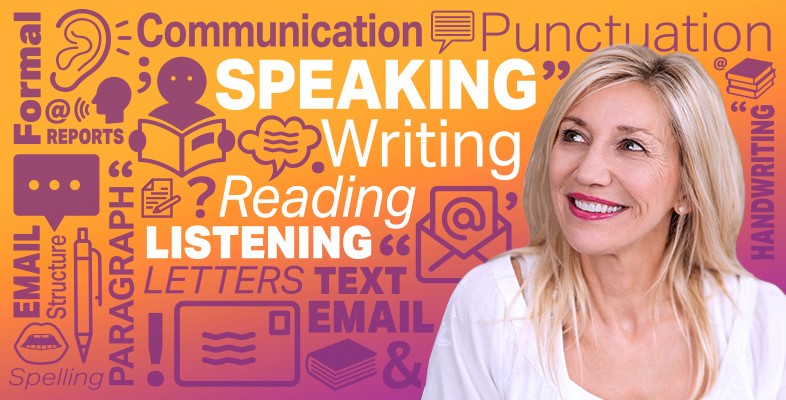5.4 Apostrophes
Apostrophes do two things. They show that a letter (or letters) is missing or that something belongs to someone. Like commas, apostrophes are often used incorrectly.
Missing letters
Any time a letter (or letters) is missed out an apostrophe is needed to show this.In the box are common examples of words that use an apostrophe in this way.
Examples of apostrophes
does not becomes doesn’t
you have becomes you’ve
do not becomes don’t
cannot becomes can’t
I have becomes I’ve
I will becomes I’ll
I would becomes I’d
it is becomes it’s
would not becomes wouldn’t
Activity 37 Spot the apostrophe
In the text below, highlight all the words that use an apostrophe to show a letter (or letters) is missing.
Answer
Check if you’ve spotted all the words with apostrophes:
wouldn’t
you’d
didn’t
it’s
he’d
hadn’t
didn’t
I’ll
Activity 38 Inserting apostrophes
Try putting in the missing apostrophes in the text below.
Discussion
Check your answer to see if you put in all the missing apostrophes:
We didn’t do well at football because the team hadn’t had much time to play together. I wasn’t very confident at all. The coach wouldn’t allow us to chat to each other and I don’t think he liked us much. It’s a shame because we could’ve been really good.
Activity 39 Matching shortened words with the full word
Match the shortened words below, which use an apostrophe, with the full word.
Two lists follow, match one item from the first with one item from the second. Each item can only be matched once. There are 6 items in each list.
she didn’t
they’ll
you’d
I’ve
he won’t
we wouldn’t
Match each of the previous list items with an item from the following list:
a.she did not
b.we would not
c.they will
d.he will not
e.you would
f.I have
- 1 = a,
- 2 = c,
- 3 = e,
- 4 = f,
- 5 = d,
- 6 = b
Belonging
You also use an apostrophe when something belongs to someone. It goes after the name of the owner:
Matthew’s bag
Emily’s computer
My dad’s coat
The cat’s bed
The house’s windows
Activity 40 Apostrophes for belonging
Add the apostrophes in the correct place for the following sentences:
Answer
Check where you’ve put your apostrophes against these answers:
My sister’s coat.
The dog’s bowl.
The car’s wheels.
